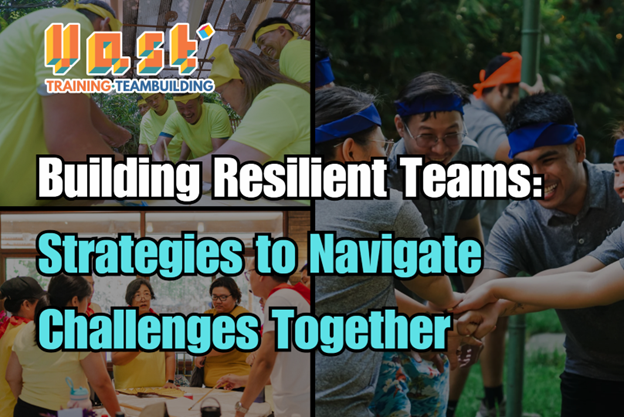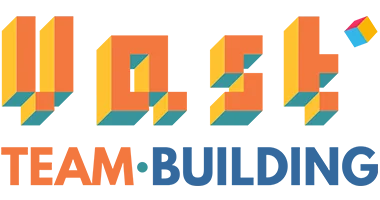Call us now at: (02) 8404 0361 | Ann +63 945 759 5473 | John +63 938 432 8515 | Kate +63 961 644 8032 | Ed +63 917 302 9763 | Email: inquiry@vast3teambuilding.com | corporate@vast3teambuilding.com



Creating a resilient team is about more than just managing tough situations—it’s about preparing your team to face challenges head-on, adapt to change, and come out stronger than before. In today’s fast-paced and ever-evolving business landscape, building a team that can overcome obstacles and remain strong through adversity is essential for long-term success. A resilient team isn’t only about individual strength; it’s about fostering a culture of unity, trust, and adaptability that ensures everyone can rise to the occasion when needed. In this article, we will explore key strategies for developing resilient teams capable of navigating any challenge with confidence and collaboration.
Building resilience in a team has far-reaching benefits. It not only strengthens the individuals within the team but also enhances the team’s ability to work together under pressure. Resilient teams help the organization by fostering a positive work environment, driving innovation, and maintaining productivity even in tough times. The benefits extend beyond the internal dynamics of the team, positively impacting the clients and customers who depend on your products or services. So, the answer is clear: building resilient teams benefits everyone—the team members, the leaders, the organization, and even the customers.
A resilient team is not built overnight. It requires intentional efforts from leadership, team members, and the organization as a whole. Below are key strategies to strengthen resilience and ensure your team thrives under pressure:
Building resilient teams requires time, dedication, and a strategic approach. If you’re looking to enhance your team’s ability to overcome obstacles and thrive in the face of challenges, Vast3 can help! They offer customized programs designed to strengthen communication, teamwork, and adaptability, helping your team bounce back from setbacks stronger than before.
Ready to build a team that can weather any storm? Reach out to Vast3 and start building resilience today!

We envision a vast improvement on organizational productivity and enrichment on each companies by giving the right value